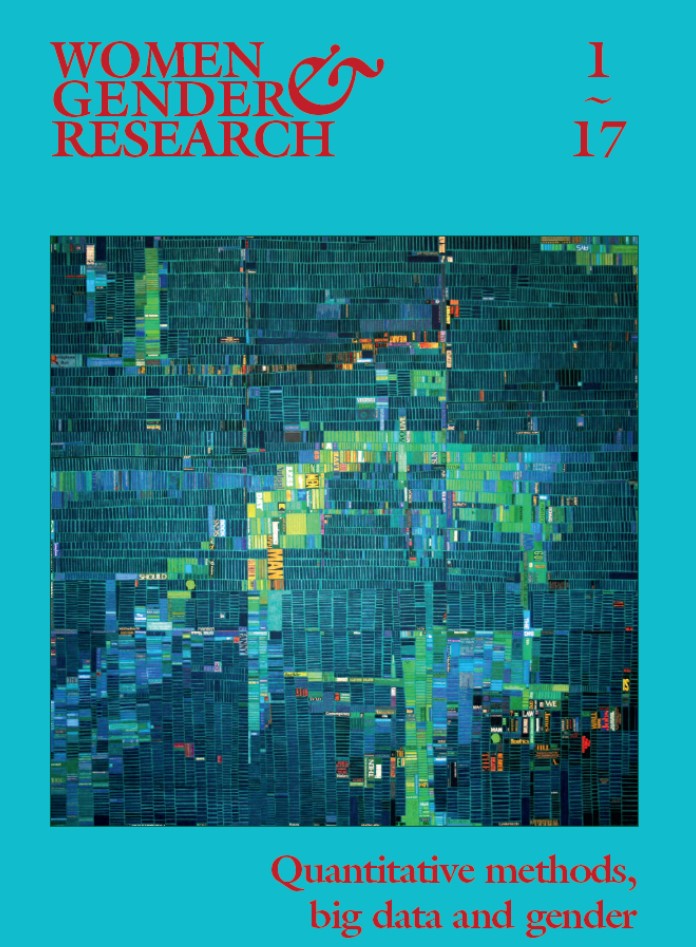Determinants of women´s health in Europe: using large open data collections to unveil the hidden part of the iceberg
DOI:
https://doi.org/10.7146/kkf.v26i1.109788Keywords:
Quatitative methods, open-access data, womens health, social determinants, EuropeAbstract
Open data collections can be powerful, providing democratic tools to illustrate women’s health across Europe. This article discusses the benefits offered by the large volume of open-access data in comparison with access-restrictive big data, and provides an overview of the main databases publically available which gather sex-disaggregated data information, as well as of their strengths and limitations (The World Health Organization European Health for All database, EUROSTAT, Institute for Health Metrics and Evaluation – Global Burden of Disease data and OECD data). Examples are provided to illustrate the outcomes that can be obtained from the different databases, with special emphasis on the socioeconomic determinants of women’s health (education, income and wealth, employment and place of residence) in the European Region. Open online data collections accessible to all can be used as tools to argue in favour of not only the implementation of health-care policies, but also social and economic policies aimed at improving women’s health in Europe. However, open-access online data collections have certain drawbacks worth considering such as the need for continuous monitoring and updating, ensuring the reliability of data provided by all countries, and guaranteeing that individuals cannot be identified through links between clinical and socioeconomic data.
Downloads
Published
How to Cite
Issue
Section
License
Publications in Women, Gender and Research are licensed under Creative Commons License: CC Attribution-NonCommercial 4.0

